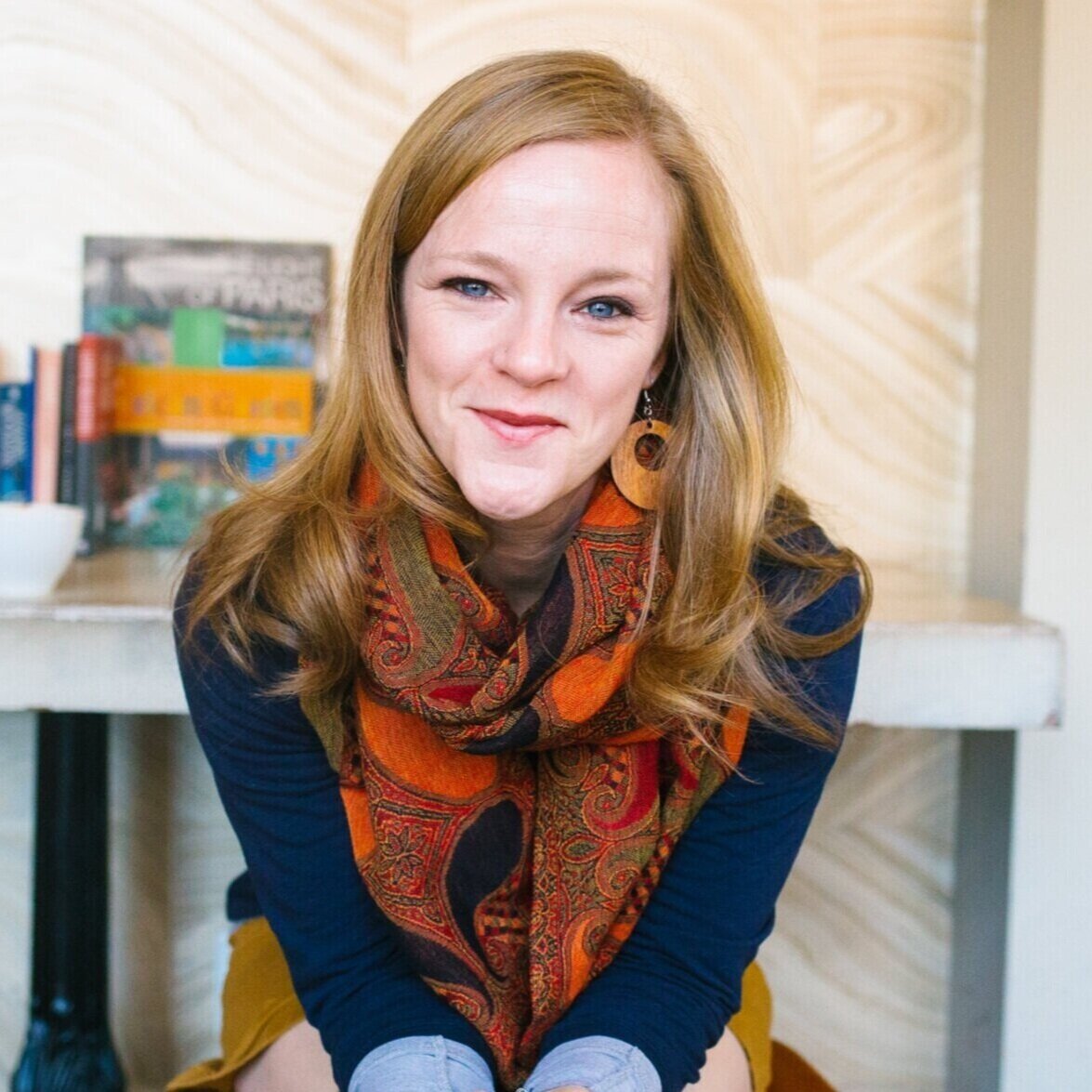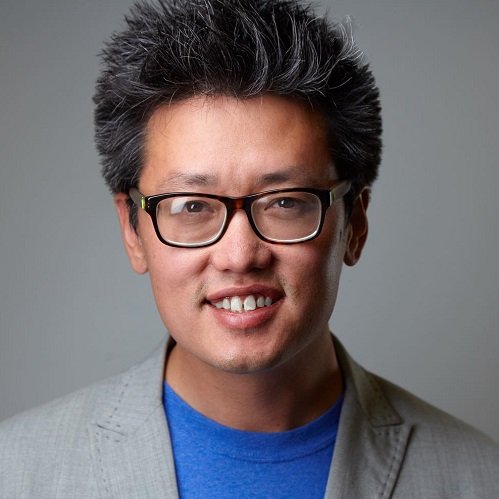Church Anew Blog
Get Updates in Your Inbox
Want to stay up-to-date with the Church Anew Blog? Sign up for our weekly blog round-up.
Lectionary Musings from the Church Anew Blog: March 1 and 8
Each week, we’ll offer a curated selection of blog posts that speak to the upcoming lectionary texts to help spark your imagination and serve as a thought partner for you. We hope these musings meet you right where you are with a fresh, bold, and faithful witness.
Lectionary Musings from the Church Anew Blog: February 15, 22, and Ash Wednesday
Each week, we’ll offer a curated selection of blog posts that speak to the upcoming lectionary texts to help spark your imagination and serve as a thought partner for you. We hope these musings meet you right where you are with a fresh, bold, and faithful witness.
Ordinary Time: A Way Out of Toiling and Spinning
I thought that there were two ways to go through life – toiling hard to be good (and being perpetually exhausted), or giving up and being selfish. I thought that life was fight, flight, or freeze. I am learning that the way of Jesus is neither toiling and spinning, nor giving up.
Practice Resurrection
During Lent this year,
I had a hard time
Not rushing ahead
To Easter.
Perhaps,
It is because
Of the state of the world.
Perhaps,
It is the season
In my own life.
Perhaps,
It is simply
The tendency
Of being human
God Loves Us Eternally
God’s promises to love us eternally are not just about the future but compel us to live as if love extends beyond the bounds of death.
God Promises to Meet Us in Bread
At a table that Jesus sets, God forgives us and feeds us with love eternal. In water and promise, God brings us to new life and breathes in us gifts that help the world
Practice Listening for the Sacred in Culture
God is good and everything God created is good. Take some time to engage with cultural expressions that are similar or different from your own.
Practice Listening For Grace in Your Body
God is good and everything God created is good. Take some time to relax your body and listen to your breath as if it is the breath of God slowly and gently moving through you from head to toe.
God Feels Our Mental and Emotional Pain and Suffering
We are learning more and more about mental and emotional health, but as a society, we still have a lot of catching up to do when it comes to sitting with people in mental and emotional pain and suffering.
Practice Listening For God
God is good and everything God created is good. Take some time to connect with the stories of those you are in community with.
God Speaks to Us Through Ancient Stories
God is speaking to you through whispers and wails, through the wind and the waves, through strangers and loved ones.
Reflections on Holy Trinity
Rev. Dr. Char Cox fondly reflects on one of her favorite times of year in this poem.
Ascension Ponderings
Rev. Dr. Char Cox fondly reflects on her Sunday School exprience in this poem.
Nurturing Children in the Faith
Rev. Dr. Char Cox fondly reflects on her Sunday School experience in this poem.
An Analgesic Faith: Reflections on Psalm 77
Lent has recently become Dr. Michael J. Chan's favorite season in the church year. The 40 Lenten days commemorate Jesus' time in the wilderness, where he was tempted both by the devil and the harsh environment.
Easter: The Sacredness of a Good Feast
We carefully read through Lenten devotionals and give up things for forty days, but then rush through Easter as if it’s one day, and never take time to think about what fifty days of feasting could look like for our so-tired souls.
Defining Roads
There are many roads in this life. Some are actual roads that take us from “point A to point B.” Others are metaphorical, roads that we travel in our hearts. Many of the roads we travel, we never think of again, but some roads are so defining that they become drawn across our story with indelible ink.
Vocare: Called to Regret
You are invited to focus on your personal regrets by both naming and reframing them, and by so doing, nourish in a particular way, God’s call for both your present and your future.
EXPLORE OUR ARCHIVE OF ARTICLES FROM
Walter Brueggemann
Get Updates in Your Inbox
Want to stay up-to-date with the Church Anew Blog? Sign up for our weekly blog round-up.









